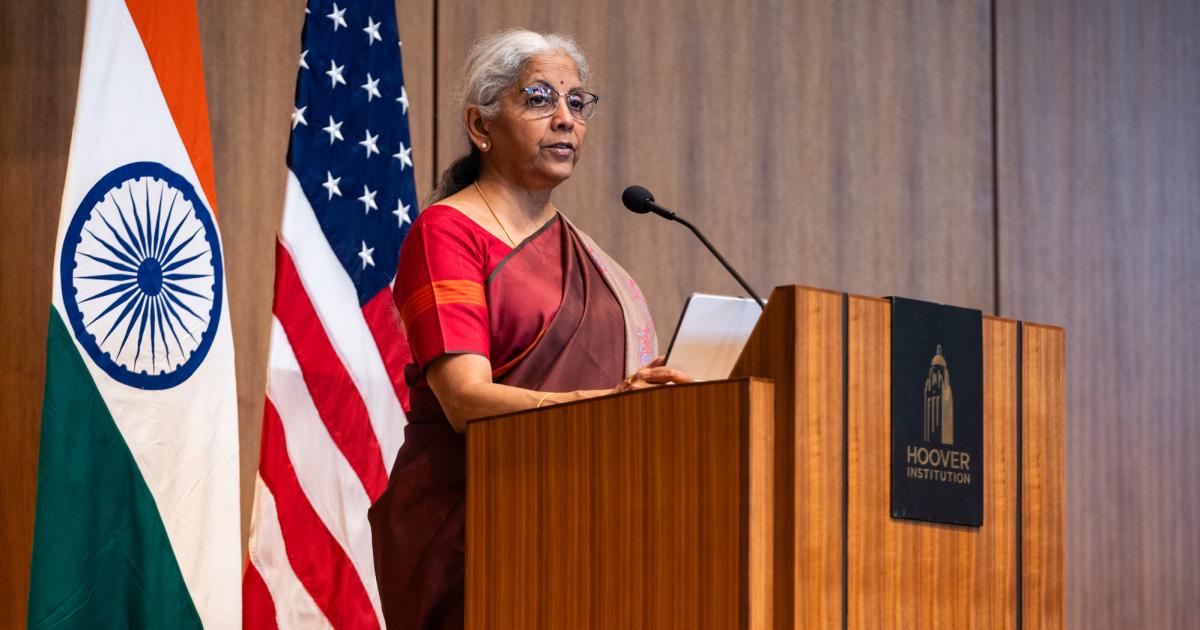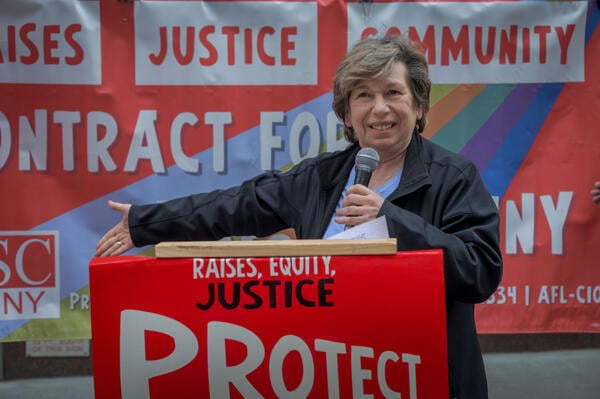Kevin O'Leary Attributes Delayed Parenthood to Rising Costs

In a candid discussion during a recent interview with Fox News, investor and television personality Kevin O'Leary offered insights into why many Americans are postponing starting families. He pinpointed financial constraints as a significant factor, stating, "The reason people dont have kids earlier is theyre expensive." This observation comes at a time when rising living costs and exorbitant education expenses are causing many to reconsider their family planning timelines.
O'Leary elaborated on the economic challenges facing potential parents, emphasizing that the increasing costs of living are heavily influencing decisions around parenthood. He noted, So weve got a few things to fix ourselves, referring to the need for societal changes that could alleviate the financial burdens on young families. This perspective is particularly relevant given the current economic climate, where inflation and skyrocketing housing prices are persistent concerns for many households.
Reflecting on his personal experiences, O'Leary expressed a sense of regret about the timing of his own children. "What you learn in life is, when you get older, you realize you wish you had your kids earlier," he remarked. His sentiment resonates with many parents who often find that family life brings joy and fulfillment. He added, "Family is the best thing you can get in America. If I could go back in time, I would have had them a decade earlier," highlighting the emotional and intrinsic value that family brings beyond mere financial considerations.
The discussion also touched on policy measures aimed at encouraging higher birth rates in the United States, such as baby bonuses and fertility incentivesinitiatives that were previously discussed during the Trump administration. O'Leary, however, remained non-committal about the effectiveness of such policies. Instead, he light-heartedly referenced tech entrepreneur Elon Musk, who is famously on his way to fathering a large number of children. I think Elons doing a great job making up for the rest of us, he joked, adding, I think hes on kid 14 now. Good for him. This playful comment served to underline the ongoing cultural dialogue about family planning choices and societal expectations around parenthood.
O'Leary's comments shed light on a pressing issue: the real costs of raising children in todays economy. Recent data from the Brookings Institution reveals that middle-income families can expect to spend an average of $310,605 per child from birth to age 17. This figure marks a significant increase from the U.S. Department of Agriculture's estimate of $233,610 in 2015. The escalation in costs can be attributed to various factors, including steep rises in housing expenses, childcare fees, food costs, and educational expenses, which collectively create a financial strain on families.
As the conversation around family planning continues, O'Leary's insights serve as a reminder of the complexities young couples face today. The challenge of balancing financial stability with the desire to raise a family remains a critical issue that warrants further discussion and potential policy consideration.



























